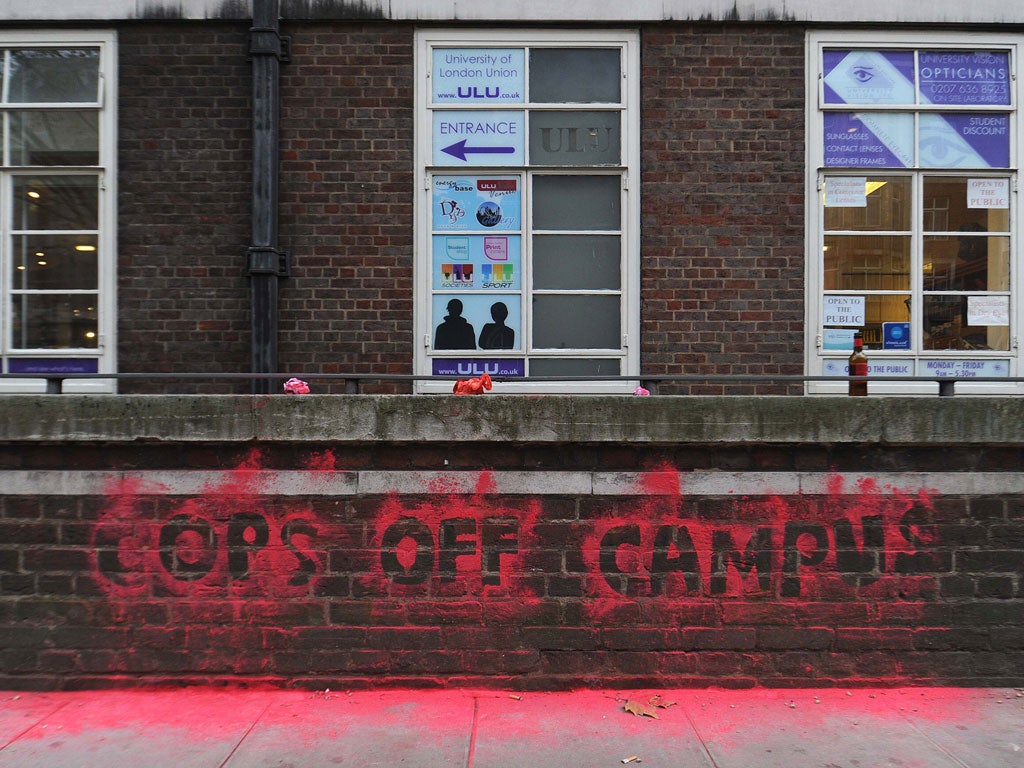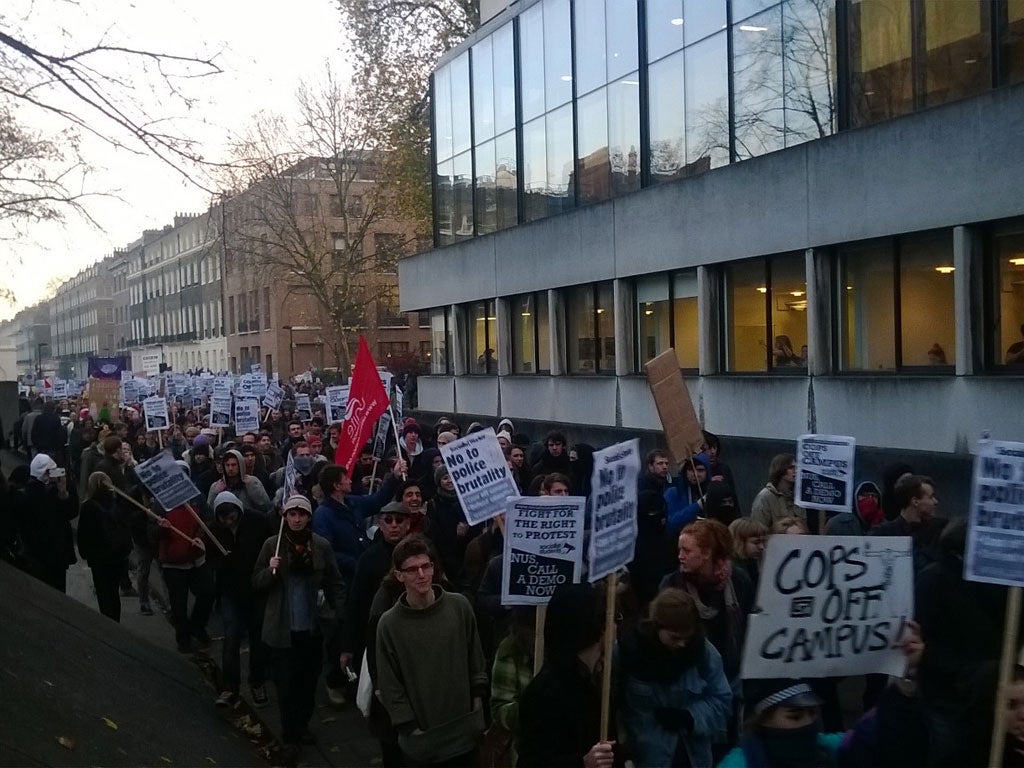Student politics in 2014 needs to capture the spirit of Paris in 1968
The resurgence in student activism at the end of last year must be harnessed to build lasting change, argues Harrison Jones

Your support helps us to tell the story
From reproductive rights to climate change to Big Tech, The Independent is on the ground when the story is developing. Whether it's investigating the financials of Elon Musk's pro-Trump PAC or producing our latest documentary, 'The A Word', which shines a light on the American women fighting for reproductive rights, we know how important it is to parse out the facts from the messaging.
At such a critical moment in US history, we need reporters on the ground. Your donation allows us to keep sending journalists to speak to both sides of the story.
The Independent is trusted by Americans across the entire political spectrum. And unlike many other quality news outlets, we choose not to lock Americans out of our reporting and analysis with paywalls. We believe quality journalism should be available to everyone, paid for by those who can afford it.
Your support makes all the difference.A remarkably familiar looking set of resolutions will now greet students across the nation as 2014 sets in.
But while the usual suggestions of "go to the gym more" and "save money" are perennially ignored, genuine ways of creating change on a palpable scale never feature on most lists. If, as a group, students want real reform in their lives and in society, then this year we have to go out on the streets and be more political.
In mid December, the student movement was caught up in scenes reminiscent of the student uprisings in May '68 in France.
While they did not necessarily achieve much in the short term, French students certainly shocked the establishment and created cultural change – something that contemporary student leaders in Britain should take inspiration from.
That year, in response to state brutality, a heavy police presence in the Sorbonne and an underlying hatred for the political system, French students created a revolutionary fervour which spread throughout the whole population. It began with a simple occupation, but motivated by unjust treatment from the police, more students – and then workers – took action in solidarity.
Back in modern day Britain, we have a similar scene. Distrust of the political system is clear, exemplified by the 2010 tuition fee protests and the London riots a year later. Last month the exclusion of the "Sussex Five", after a peaceful occupation, bore a striking resemblance to the early stages of '68; while police heavy-handedness – albeit on a less ferocious scale – also contributed to the movement's expansion, as a protest named "cops off campus" met with some success.
A national week of action following that demonstration is planned later this term, to demonstrate against the privatisation of student loans, after Universities minister David Willetts appeared to promote the idea.
Those protests can build on the foundations of a movement which was gaining momentum just as term came to a close. If that momentum is reignited, protests can morph into something far greater
The roots of a successful year are in place, but for them to flourish it is essential that students connect with the wider public via issues that really matter to them. Demonstrations about food banks, tax avoidance and the dismantling of the welfare state - not just the unpleasant education “reforms” attempted by the Tories – might gain more sympathy.
Adopting more diverse causes could even spark a response from David Cameron and his compatriots, who seem unaware of or unconcerned by the anger and suffering their policies are causing. A passionate movement of large enough size might also provide political direction, remedying a problem of government by the elite that was once so insightfully daubed on Parisian walls: that "those who lack imagination cannot possibly imagine what is lacking".

Students should be playing a significant role in countering the government's ignorant narrative of stereotype, demonisation and negativity, by pushing for a fairer society.
It can start with February's demonstrations against the privatisation of student loans, before branching out into modern Britain's bigger issues, with the help of a more political student body. All that is needed is organisation and the resolution to participate – perhaps then Britain could tell of May '14's achievements in years to come.
Join our commenting forum
Join thought-provoking conversations, follow other Independent readers and see their replies
Comments